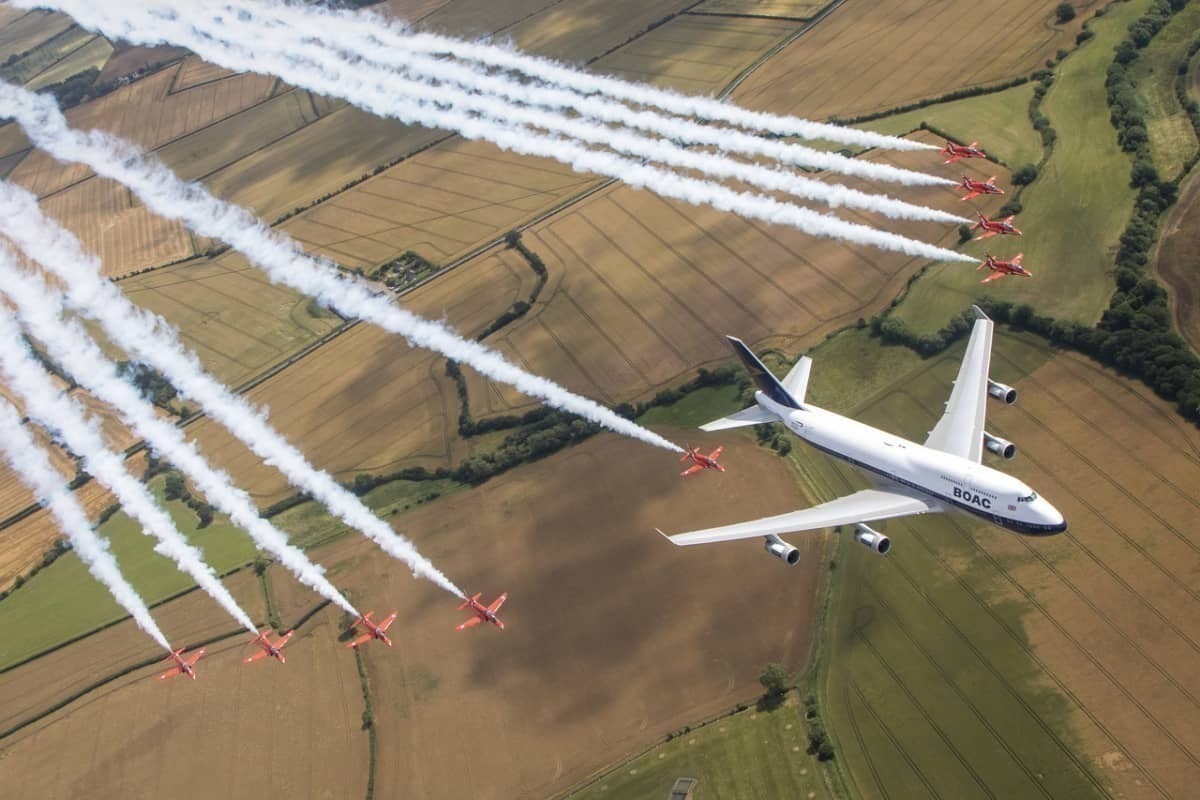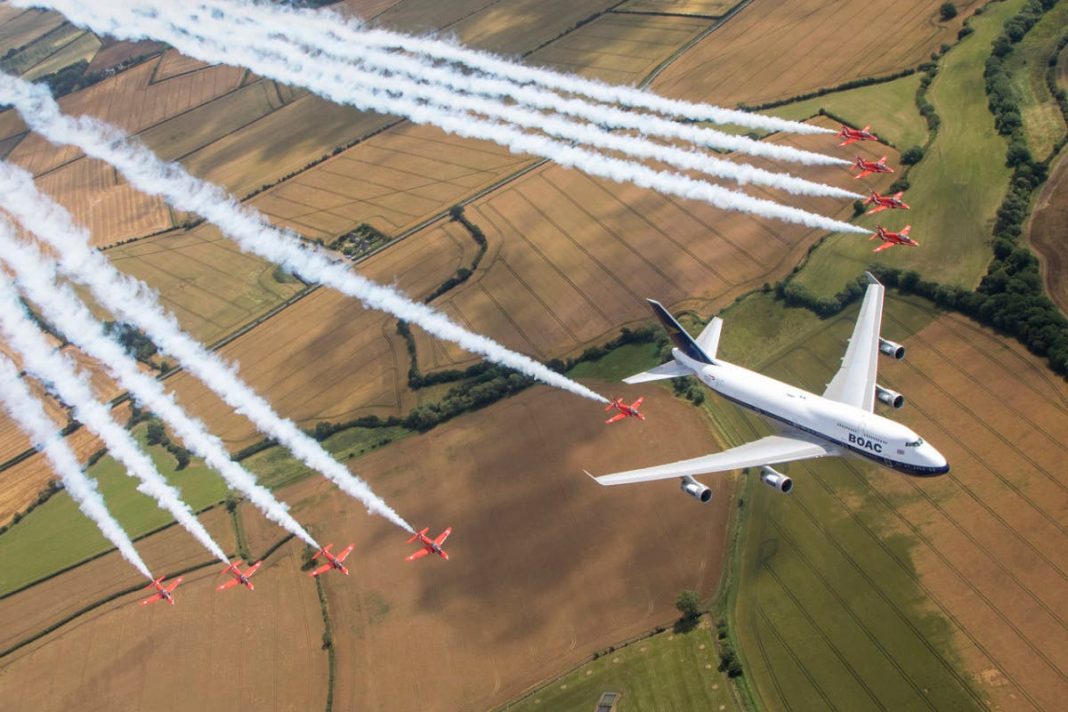By all accounts, it’s a secret, but Boeing has fixed a date to end the production of its flagship 747 aircraft. According to Bloomberg, production of the jumbo jet will cease in about two years. Boeing hasn’t confirmed this, but Bloomberg reckons it can be ascertained by “subtle wording changes in financial statements.”

What precisely those subtle wording changes were the Bloomberg report did not say, but they cited sources connected to Boeing. The manufacturer is still producing the 747-8 model of its iconic plane. The aircraft has been in continuous production since 1968. It has revolutionized how we travel. But the end, while immensely regrettable, this is not a surprise.
Airlines turn to newer, more efficient aircraft
In terms of efficiency, range, and flexibility, the Boeing 747 is now passed over by airlines in favor of smaller and more nimble Dreamliners and A350s. In the middle of the most severe financial crisis aviation has ever faced, airlines that are still flying the graceful but costly 747 are retiring them at a rapid pace.
Over the decades, Boeing has delivered 1,555 jumbo jets to customers around the globe, but the manufacturer has just a handful of deliveries due. Two of the remaining 747-8s still outstanding will go to the United States Air Force for use in the presidential fleet. Other customers waiting for deliveries include UPS and Volga-Dnepr UK Ltd. The latter firm is in the fleet development, load planning, fleet transportation, and cargo handling business.

The success of the 747 turns the A380 into an also-ran
The end of production of the Boeing 747 comes not long after Airbus announced the production of its A380 would end. Between them, these two aircraft had the big passenger capacity end of the aircraft market nicely tied up. But times change. Now some 91% of 747s and 97% of A380s are parked at airports around the world.
In terms of the Boeing 747, the Airbus A380 was an also-ran. The A380 was designed to take over where the 747 left off. But unlike the 747, which was a huge commercial success for Boeing and loved by millions of passengers around the world, the A380 never really got traction.

In comparison to the 747’s long production time and weighty sales numbers, the A380 underperformed. Production began in 2003 and will end in 2021 after just 18 years. Assuming the Bloomberg report is correct, the 747 will have been continuously produced for 54 years – that’s three times as long.
The Airbus A380 product has tallied up sales of 242 planes, or 15.5% of the number of Boeing 747s sold. Without Emirates getting on the A380 bandwagon and becoming its biggest buyer, sales would have been significantly less.
The skies will be a little emptier
Then there are the intangible factors. Passengers liked the A380, but it never captured the zeitgeist as the 747 did. For half its production lifespan, throughout the 1970s and 1980s, the various iterations of the Boeing 747 were the long-range aircraft of choice for many airlines. British Airways has operated 94 of them over the years, Japan Airlines has flown 108 of the type, United Airlines had 68, and Singapore Airlines flew 93 various models of the 747.
While premium legacy carriers are under acute pressure right now, for decades, airlines like these owned the skies, and the Queen of the skies was at the pointy end of their fleets. Inevitably, planes will start flying again, and the skies will become crowded than ever, but without the Boeing 747, they will also feel a little bit emptier.
[ad_2]
Source link



